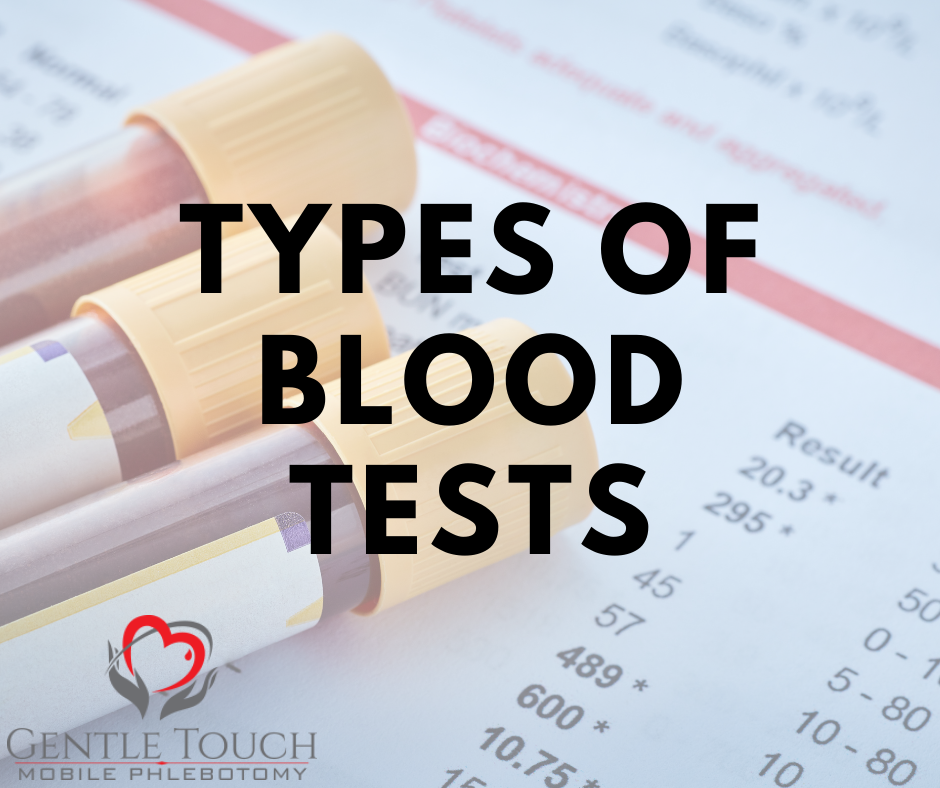A Blood test is a beneficial medical procedure that doctors use to check for certain diseases and conditions within the body. These quick and easy tests are used in conjunction with other factors and tests to determine diseases or medical issues.
Doctors use blood tests to:
- Evaluate how well the organs are functioning, such as your kidneys, liver, thyroid, and heart.
- Assess how well your blood is clotting
- Diagnose diseases and conditions, such as cancer, diabetes, anemia, HIV/AIDS
- See if you are at risk for heart disease
- Check the progress of medications
A doctor may suggest a blood test during a routine checkup to take a better look at how your body is working. Typically, there are no special preparations for the procedure because only a small sample of blood will be taken.
From there, a lab test will be taken to analyze the blood. Blood is usually separated to count blood cells and plasma, this is to measure all the different substances in the blood. The results can help detect health problems, even in the early stages.
TYPES OF BLOOD TESTS
Complete Blood Count (CBC):
Often a part of a routine checkup, this test helps detect blood disorders and diseases such as anemia, infection, clotting issues, blood cancers, and any immune system disorders.
Complete blood count tests measure a number of different parts of your blood, including:
- Red blood cells
- White blood cells
- Platelets
- Hemoglobin
- Hematocrit
- Mean corpuscular volume
Blood Chemistry Tests:
Also called Basic Metabolic Panel, this is a group of tests that measures different chemicals in the blood. Using the fluid, or plasma, part of the blood, the tests can give doctors information about a patient’s muscles, bones, and organs.
This tests includes measurements of:
- Blood glucose
- Calcium
- Electrolytes
- Kidneys
Blood Enzyme Tests:
These tests are focused on the chemicals that help control chemical reaction in your body. There are numerous blood type tests, the most common one focuses on checking for signs of a heart attack.
The specific enzyme tests for heart attacks are troponin and creatine kinase.
Lipoprotein Panel:
A lipoprotein panel is a blood test that assesses a patient’s risk for coronary heart disease by looking at the substances in your blood that carry cholesterol.
The entire lipoprotein panel gives information on:
- Total cholesterol levels
- LDL, or bad, cholesterol
- HDL, or good, cholesterol
- Triglycerides
Coagulation Panel:
Also called Blood Clotting Tests, are used to check proteins in your blood that affect the blood clotting process. Your doctor may recommend these tests if he or she thinks you have an issue related to blood clotting. These tests are also used to monitor people who are taking medicines to lower their risk of blood clots.

